Question And Answer
Publications
Articles, publications, books, tools and multimedia features from the U.S. Institute of Peace provide the latest news, analysis, research findings, practitioner guides and reports, all related to the conflict zones and issues that are at the center of the Institute’s work to prevent and reduce violent conflict.
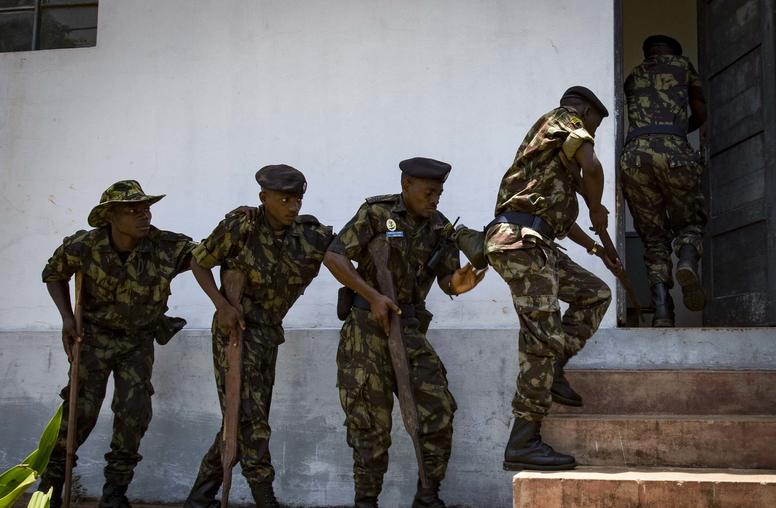
Five Keys to Tackling the Crisis in Mozambique’s Cabo Delgado
Since 2017, armed militants — often carrying the Islamic State flag — have been on the offensive in the northern Mozambique province of Cabo Delgado. The human toll of this violence is grave, with more than 3,000 killed, nearly a million displaced and an acute hunger crisis. Beyond the immediate priority of stemming the violence and addressing the dire humanitarian situation that is already affecting neighboring provinces, the crisis affords the government of Mozambique and the international community the opportunity to address long-standing challenges.
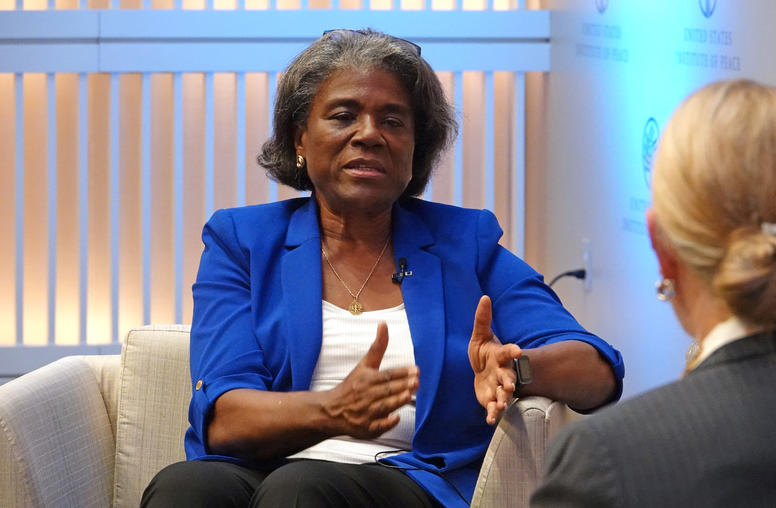
At 70, Refugee Convention Faces Many Challenges, Says Ambassador Thomas-Greenfield
Seventy years after its ratification, the Convention of Refugees remains an important pillar of the international system. Every day, conflict, hunger, economic deprivation and climate change are forcing people around the world to flee their homes in search of a better life. It is critical, therefore, that the international community uphold their obligations under the convention, while elevating efforts to address the root causes of migration, according to U.S. Ambassador to the United Nations Linda Thomas-Greenfield.
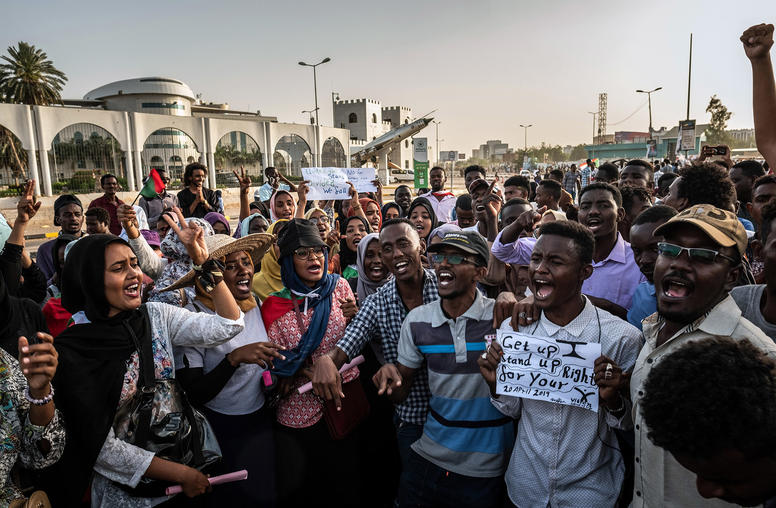
Five Key Considerations To Make the U.S. Global Fragility Strategy Work
Even as the public debate over the U.S. military withdrawal from Afghanistan continues, the State Department and USAID are quietly putting plans in place to test a new approach to con-flicts overseas. Drawing on the hard-earned lessons from Afghanistan and Iraq over the past two decades, this approach would have the United States rely far less on military power and far more on sustained — but much less costly — diplomacy and closely coordinated development investments. If fully implemented, consistent with the recently enacted Global Fragility Act, this new effort promises to help stabilize countries in their recovery from COVID-19 and the knock-on shocks to their economies.
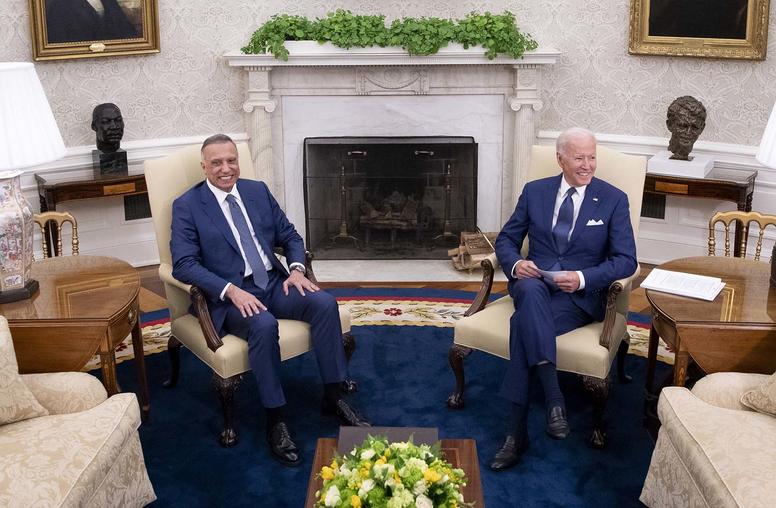
Beyond Security: The Quest for a Sustained, Strategic U.S.-Iraq Partnership
On Monday, President Joe Biden received Iraqi Prime Minister Mustafa al-Kadhimi at the Oval Office to strengthen bilateral relations and discuss matters of mutual interest, key among them being the future of U.S. troops in Iraq. Despite widespread thinking that Iraq and the Middle East do not rank high in the mix of the Biden administration’s priorities, there have been clear signals that Iraq remains important enough to the United States and that Kadhimi and his government are partners that the United States can work with and should support. While most of the media attention focused on the announcement of the change in U.S. force posture in Iraq, the key takeaway from this week’s meeting is that the United States and Iraq seek to maintain their strategic partnership — and build on it.
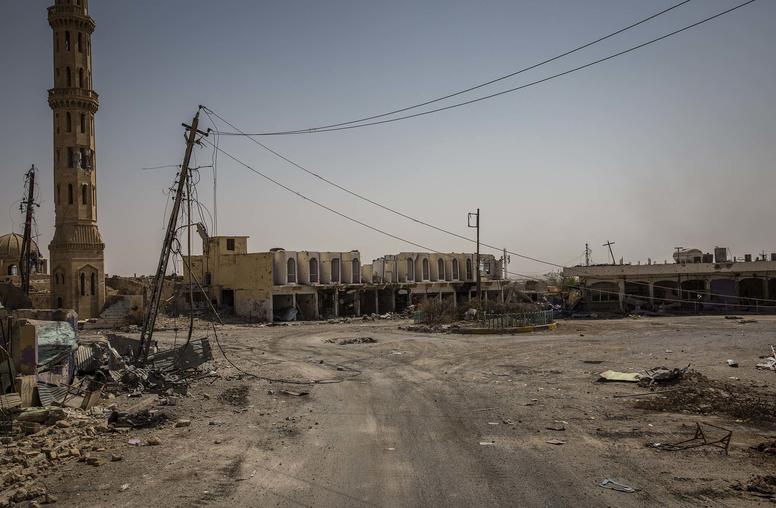
Four Years After ISIS, Iraq’s Tal Afar Remains Riven by Communal Divisions
Iraq is a country beset by a host of political, security, economic and social challenges, including addressing the human legacy of the Islamic State’s (ISIS) rampage through the country just a few years ago. Almost four years after the liberation of Nineveh’s Tal Afar district from ISIS control, feelings of marginalization, neglect and exclusion persist among communities in the region, epitomizing how such feelings have driven ethnic and sectarian tensions and conflict in post-2003 Iraq. Recognition of these sentiments and an understanding of the factors underpinning them, can help communities in the district allay these drivers of tension and move forward together.
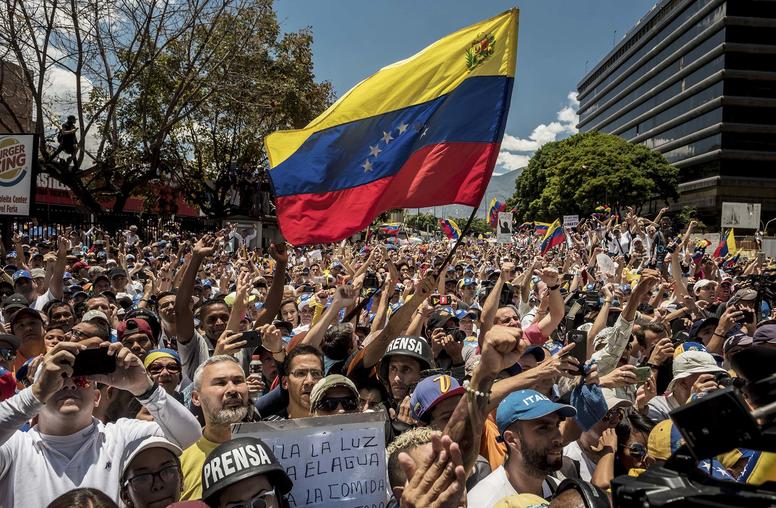
Is there a Negotiated Path to Democratic Coexistence in Venezuela?
The scale of the Venezuela crisis is unique in recent history, with wartime indicators of hunger, refugees, and human rights abuses but conventional violent conflict largely absent. At the heart of the crisis is a 20-year struggle between the Chavista regime and the democratic opposition, characterized for most of these two decades by each side attempting to eliminate the other from the political map. Negotiations are seen by most outside observers as the only way the conflict will definitively end and there have been consistent efforts to bring the two sides to the table, most recently in Barbados and Oslo in 2019.
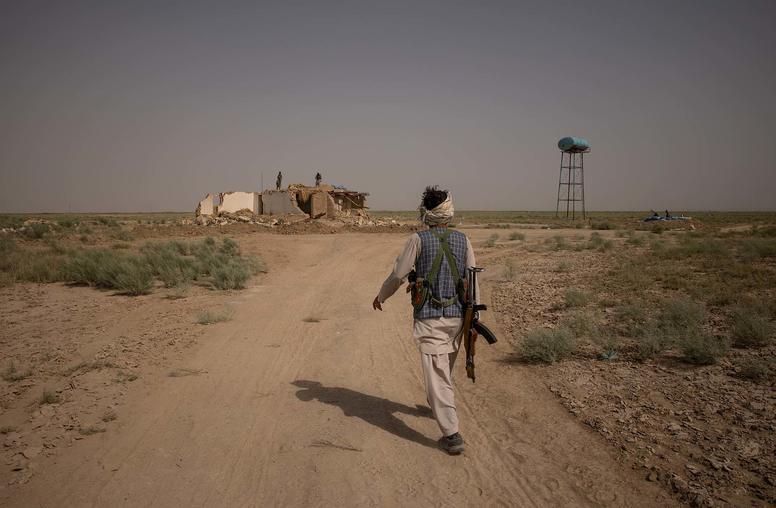
India, Pakistan Watch Warily as Taliban Move to Takeover
The Taliban’s rapid advances have caught the region and the United States off guard. The deterioration in security has forced India, along with many other countries, to retrench its diplomatic presence in the country, closing consulates outside of the capital of Kabul. There have been conflicting reports over the past month over whether or not Indian officials have engaged in talks with Taliban representatives in Qatar. Afghanistan’s neighbors all prefer a negotiated political settlement to the conflict but are preparing for the worst and could look to armed Afghan factions to protect their interests. Meanwhile, Kabul and Islamabad are blaming each other for the spiraling security situation.
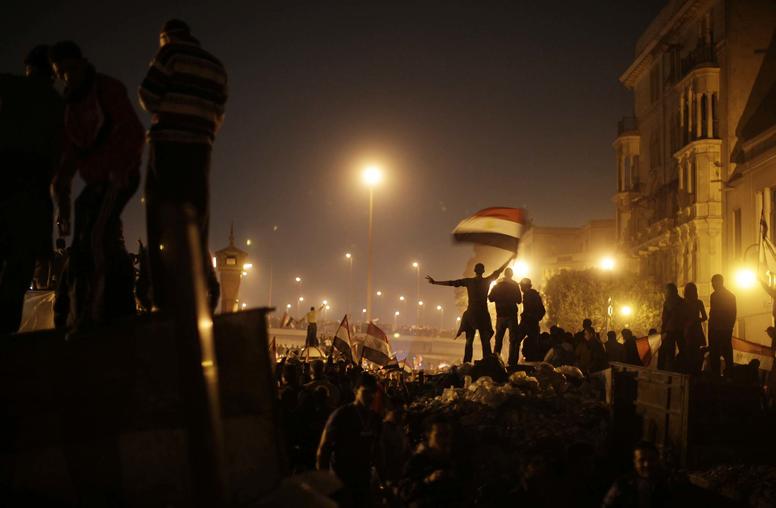
The Living Legacy of the Arab Uprisings
A decade after the popular uprisings that dramatically swept the Arab world in 2011, the debate continues about their impact, meaning and ultimate value in understanding contemporary Arab politics and culture. When Egypt reverted to strongman rule with Abdel-Fattah el-Sisi's coup in 2013, and as the civil wars in Syria, Libya and Yemen dragged on with no sign of resolution in recent years, many concluded that the “Arab Spring” was an ephemeral and failed experiment in political change. The dramatic democratic backsliding in Tunisia, where President Kais Saied suspended parliament and dismissed the prime minister in what many critics and observers have described as a coup, could only add to that conclusion, as Tunisia was often considered the Arab Spring's only "success story."
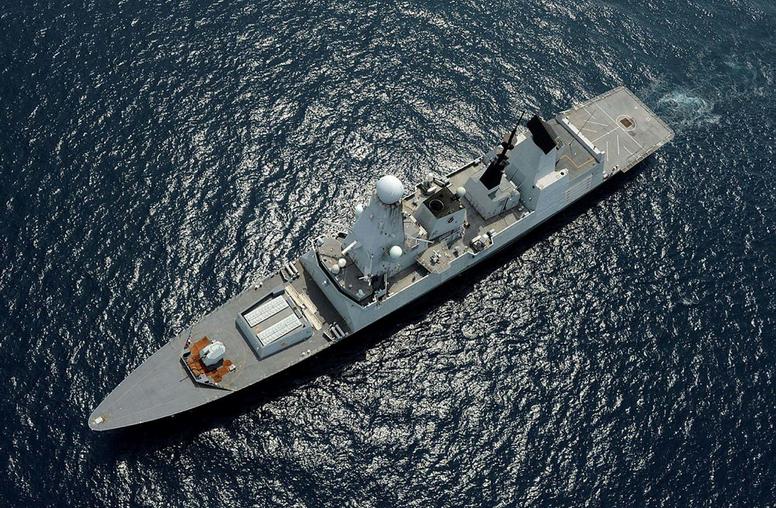
As China Poses Challenges, Europe Makes its Presence Known in the Indo-Pacific
A German frigate that left the country yesterday for the Indo-Pacific region will be Berlin’s first warship to cross the South China Sea in almost 20 years. This follows the United Kingdom’s late July announcement that two of its warships would have a permanent presence in the Indo-Pacific. Currently, the U.K. has a highly publicized carrier strike group in the region, featuring the largest U.K. warship ever deployed. And earlier this year, France deployed an amphibious ready group through the region — accompanied by the February revelation that a French nuclear attack submarine had completed passage through the South China Sea. Although the U.S. naval presence in the region is well known, Europe’s has received much less attention — that is, until recently.
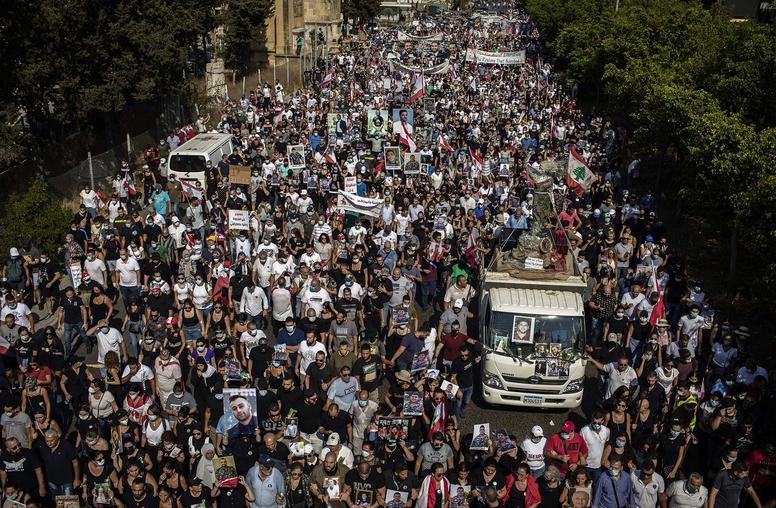
How to Pull Lebanon out of its Torturous Fall
A year after the horrific Beirut port explosion on August 4, 2020, the legal pursuit of justice and accountability is proving pointless. Little to no progress has been made, due to how deeply embedded corruption is in the country’s political and business structures. The upcoming legislative elections next year could be an opportunity to set the country on a reform track — but only if they are managed by an independent body under international supervision.